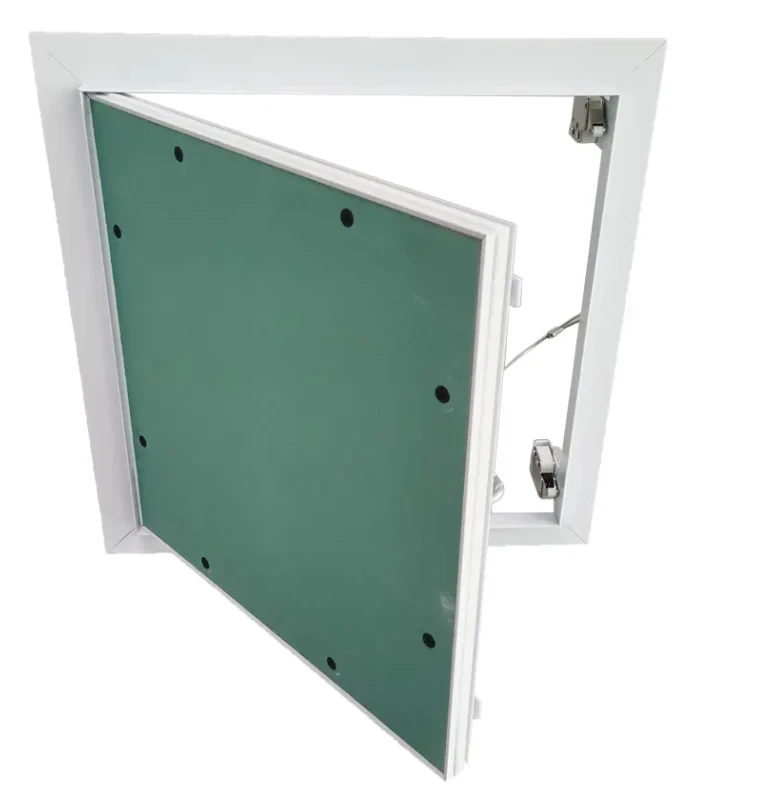- Afrikaans
- Albanian
- Amharic
- Arabic
- Armenian
- Azerbaijani
- Basque
- Belarusian
- Bengali
- Bosnian
- Bulgarian
- Catalan
- Cebuano
- Corsican
- Croatian
- Czech
- Danish
- Dutch
- English
- Esperanto
- Estonian
- French
- German
- Greek
- Hindi
- Indonesian
- irish
- Italian
- Japanese
- Korean
- Lao
- Malay
- Myanmar
- Norwegian
- Norwegian
- Polish
- Portuguese
- Romanian
- Russian
- Serbian
- Spanish
- Swedish
- Thai
- Turkish
- Ukrainian
- Uzbek
- Vietnamese
พ.ย. . 12, 2024 03:25 Back to list
calcium silicate grid ceiling
The Benefits of Calcium Silicate Grid Ceilings
When it comes to modern construction and interior design, the choice of materials can significantly impact the overall aesthetic, functionality, and sustainability of a building. One material that has gained popularity in recent years is calcium silicate board, particularly when used in grid ceiling systems. This innovative solution combines durability, versatility, and aesthetics, making it an ideal choice for various applications.
What is Calcium Silicate?
Calcium silicate is a naturally occurring mineral composed mainly of calcium, silicon, and oxygen. This lightweight material is known for its excellent thermal and acoustic insulating properties, fire resistance, and moisture resistance. These characteristics make calcium silicate an advantageous option for many construction applications, especially in areas where safety and comfort are priorities.
Benefits of Calcium Silicate Grid Ceilings
1. Fire Resistance One of the standout features of calcium silicate boards is their exceptional fire resistance. They can withstand high temperatures and do not emit toxic fumes when exposed to fire. For commercial buildings, educational institutions, and healthcare facilities, this property is crucial in ensuring the safety of occupants and compliance with building codes.
2. Moisture Resistance Calcium silicate grid ceilings are also resistant to moisture, making them suitable for humid environments such as kitchens and bathrooms. Unlike traditional materials that can warp or deteriorate due to moisture exposure, calcium silicate maintains its integrity over time, contributing to a longer lifespan for the ceiling system.
3. Acoustic Performance Effective sound absorption is essential in many settings, particularly in offices, schools, and auditoriums. Calcium silicate boards are designed to enhance acoustic performance, reducing noise levels and creating a more comfortable and productive environment for occupants.
calcium silicate grid ceiling

4. Sustainability With growing environmental concerns, many builders and designers are seeking sustainable materials. Calcium silicate is often made from natural resources and can be designed to have low embodied energy. Additionally, its durability means that fewer resources are needed for replacements or repairs, further minimizing environmental impact.
5. Aesthetic Flexibility Calcium silicate grid ceilings offer a variety of finishes and designs, making them highly versatile for aesthetic applications. Whether you are aiming for a modern, industrial look or a classical style, these ceilings can be customized to fit the vision of any space. Their smooth surface is also ideal for painting and adding decorative elements, providing limitless design possibilities.
6. Ease of Installation Another advantage of calcium silicate grid ceilings is their straightforward installation process. The lightweight nature of the material simplifies handling and reduces labor costs. Additionally, the grid system allows for easy access to utilities hidden above the ceiling, facilitating maintenance and upgrades without disrupting the space.
Applications
Calcium silicate grid ceilings are suitable for various environments, including commercial offices, retail spaces, healthcare facilities, educational institutions, and residential projects. Their combination of aesthetic appeal and functional benefits makes them a preferred choice for architects and builders looking to create safe, sustainable, and stylish spaces.
Conclusion
In summary, calcium silicate grid ceilings represent a smart choice for modern construction. With benefits such as fire resistance, moisture control, acoustic efficiency, environmental sustainability, and aesthetic versatility, these ceilings provide a comprehensive solution for both functionality and design. As the construction industry increasingly prioritizes safety and sustainability, calcium silicate materials will likely continue to play a significant role in shaping the built environment of the future. Embracing this innovative material could lead to enhanced comfort, efficiency, and beauty in space design.
-
Transform Interiors with PVC Gypsum Ceiling: A Stylish, Durable, and Moisture-Resistant SolutionNewsMay.19,2025
-
The Smart Interior Upgrade: Discover the Durability and Versatility of Gypsum Ceiling Access Panel SolutionsNewsMay.19,2025
-
The Smart Choice for Interior Design: Discover the Value of PVC Gypsum Ceiling SolutionsNewsMay.19,2025
-
Mineral Fiber Ceiling Tiles: The Smart Blend of Performance and AestheticsNewsMay.19,2025
-
Mineral Fiber Ceiling Tiles: The Superior Choice Over Gypsum for Sound and Fire SafetyNewsMay.19,2025
-
Mineral Fiber Ceiling Tiles: Eco-Friendly Strength and Style for Every CeilingNewsMay.19,2025







